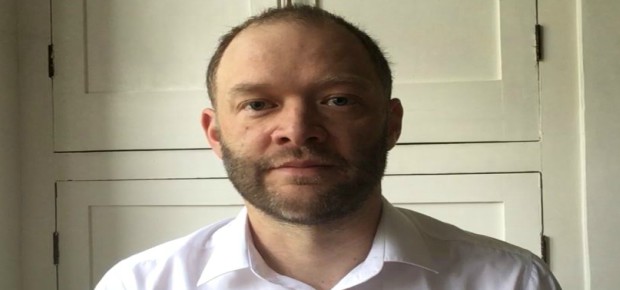 Go to Canterbury Christ CHurch University's website
Go to Canterbury Christ CHurch University's website
 Go to Canterbury Christ CHurch University's website
Go to Canterbury Christ CHurch University's website


1715
The EA is the government’s environmental regulator in England. In Wales this role is met by Natural Resources Wales and in Scotland the Scottish Environment Protection Agency SEPA.
https://www.gov.uk/government/organisations/environment-agency
https://naturalresources.wales/?lang=en
https://flood-warning-information.service.gov.uk/warnings
https://flood-warning-information.service.gov.uk/river-and-sea-levels
https://www.broads-authority.gov.uk/looking-after/climate-change/broadland-futures-initiative
“I spend my time looking at what we can do to help communities.”